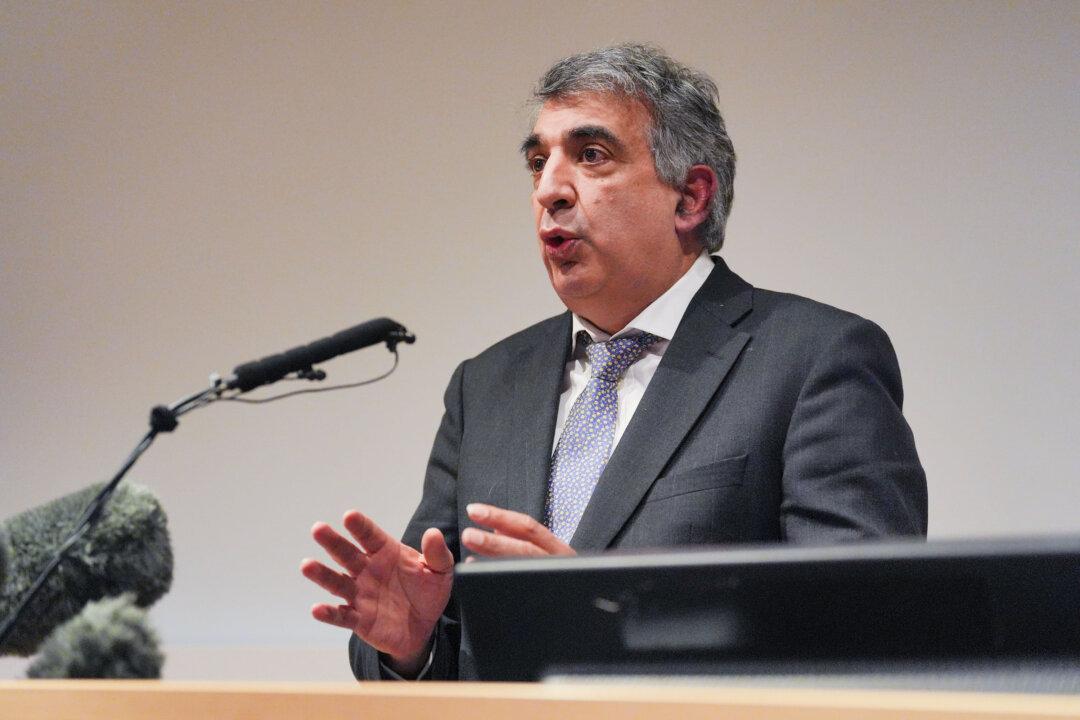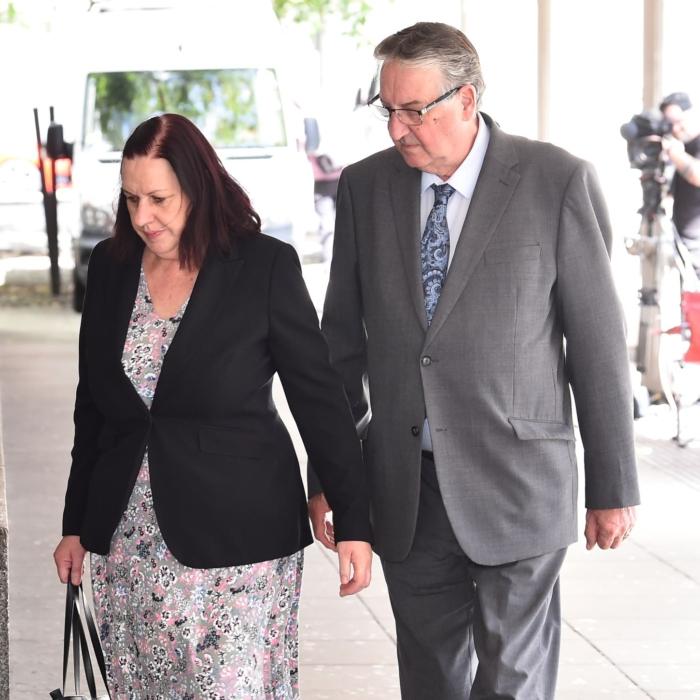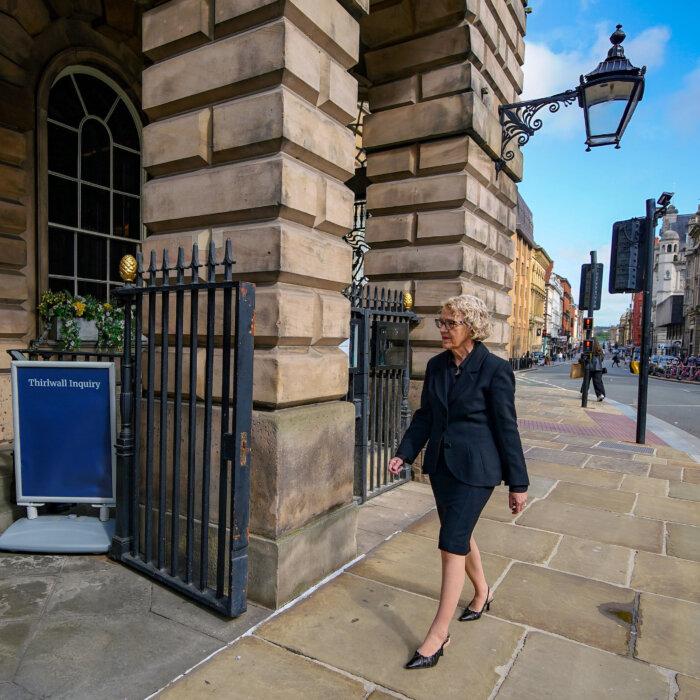Lawyers for nurse Lucy Letby will make a fresh bid to challenge her convictions for murdering babies on the grounds that a key medical expert at her trial is “not reliable“ and that physical evidence which helped to convict her was ”contaminated.”
Letby’s new barrister, Mark McDonald, said he would immediately seek permission from the Court of Appeal to take the “exceptional, but necessary, decision” to apply to reopen her case.
Convictions ‘Not Safe’
He said: “The defence will argue that Dr. Evans is not a reliable expert, and all the convictions are not safe.”Letby, 34, from Hereford, is serving 15 whole-life orders after being found guilty at Manchester Crown Court of murdering seven infants and attempting to murder seven others, with two attempts on one of her victims, between June 2015 and June 2016.
Letby worked as a nurse on the neo-natal ward caring for premature and seriously ill babies at the Countess of Chester Hospital when there was a spike in the expected number of baby deaths, although she was not arrested until July 2018 and not charged until November 2020, following a long and complex investigation.
A significant number of expert witnesses have raised doubts about the safety of her convictions, including doctors, scientists, and statisticians, who have written articles in the media and appeared on a number of documentaries dissecting the medical case against her.
Her lawyer said it is “almost unprecedented” that between 50 and 60 experts have come forward to her legal team to volunteer their services for free, as they are convinced there has been a serious miscarriage of justice.
Addressing reporters, McDonald said: “The primary grounds of appeal at the previous hearings related to the admissibility before the jury of the evidence of the lead prosecution expert Dr. Dewi Evans.
“The defence argued twice at trial that Dr. Evans’s evidence should be disregarded. This was refused by the trial judge.
“It was then later argued in the Court of Appeal and was refused in the court of appeal.
“Remarkably, Dr. Evans has now changed his mind on the cause of death of three of the babies: Baby C, Baby I, and Baby P.”
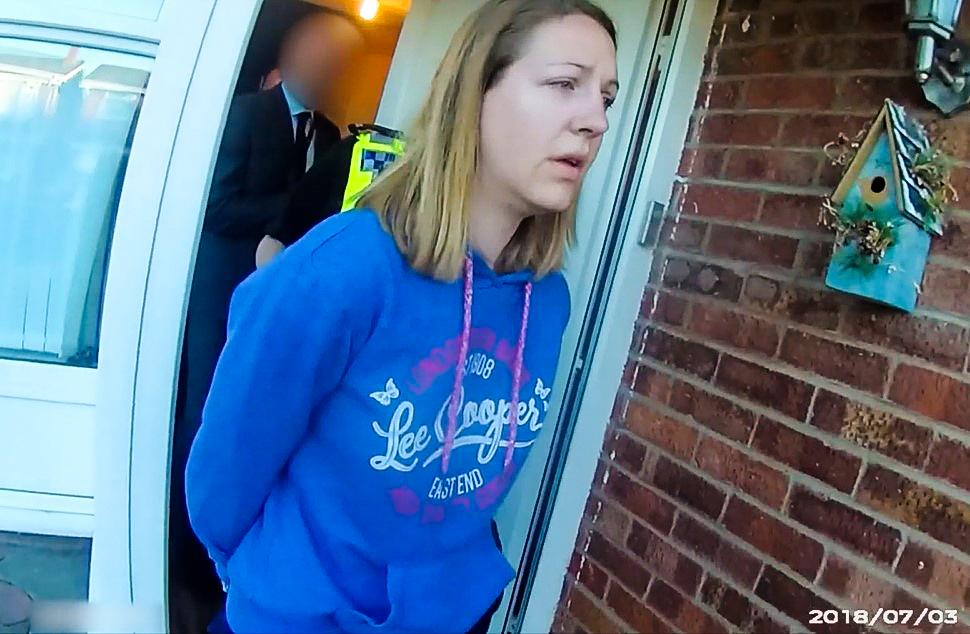
‘Revised His Opinion’
Evans told the jury during her trial that Letby had, in his opinion, injected air down the nasal gastric tubes of three of the babies who died.“This was repeated to the Court of Appeal, who may have been misled when they ruled on the application for leave against the convictions,” McDonald told the press conference.
“Dr. Evans has also said that he has revised his opinion in relation to Baby C and has written a new report that he gave to the police months ago.
“Despite numerous requests, the prosecution has yet to give this report to the defence.
“The defence will argue that Dr. Evans is not a reliable expert, and given that he was the lead expert for the prosecution, we say that all the convictions are not safe.”
McDonald added he also has reports from two neonatologists that he believes amounts to fresh evidence in the cases of Baby C and Baby O, with no evidence of deliberate harm.
Dr. Neil Aiton and Dr. Svilena Dimitrova said they had examined the cases and found “identifiable medical reasons” why both infants became seriously unwell and did not respond to resuscitation.
A court order prohibits reporting of the identities of the surviving and dead children involved in the case.
Evans, a retired paediatrician from Carmarthen, Wales, has said previously that he would not be willing to appear as a witness in any future trial faced by Letby.
He stopped practising medicine in 2009 and set up a company called Dewi Evans Paediatric Consulting, providing expert medical advice in legal matters such as child abuse cases and criminal trials.
One of the expert witnesses now offering his services to Letby’s defense team told the press conference that a blood sample used as evidence to convict her of Baby F’s attempted murder was most likely “contaminated.”
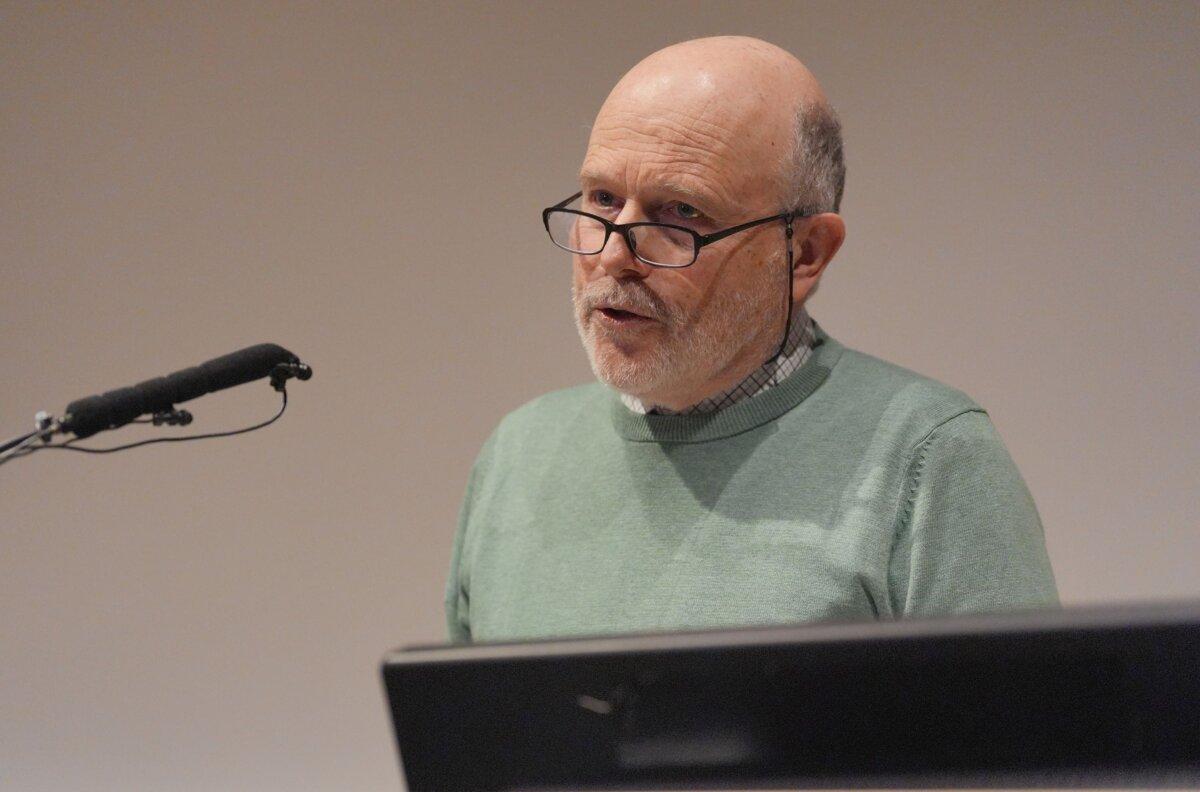
‘Obviously Suspicious’ Sample
Richard Taylor, a consultant neonatologist from Victoria, British Columbia, said that there was a “ridiculously high” level of glucose—999 millimoles per litre—in a blood sample taken from the infant, which he said was “obviously suspicious.”“When you’ve got such a high glucose result ... it makes the insulin result really unreliable,” he said.
“The insulin number was about 40 times as high as I’ve ever seen in my career. It’s ridiculously high, something obviously suspicious about it.”
Letby was found guilty of attempting to murder Baby F, who survived, after the prosecution argued she added insulin to an intravenous drip.
Roger Norwich, a retired consultant paediatrician, told journalists, “It’s almost unprecedented that 50 or 60 or more experts have come out of the woodwork to defend somebody on the basis of what we regard as absolutely appalling and unsustainable medical evidence.”
McDonald added: “All these experts have come forward, and they’re working day and night, some of them drafting reports, not one of them is being paid. Not one of them has asked for a fee.
“And again, that’s unique and also, in my experience, they’re doing it because they feel that something has gone wrong.”
Letby, who has always maintained her innocence, has lost two previous bids this year to challenge her convictions at the Court of Appeal, the first in May for the seven murders and seven attempted murders she was originally convicted of, and in October for the attempted murder of a baby girl which she was separately convicted of by a different jury at a retrial.
Benjamin Myers, KC, of Exchange Chambers in Manchester, represented Letby during her trial.
McDonald said he would not criticise Letby’s original legal team, but added, “All I can say is that I have fresh evidence that cast a significant doubt on the conviction.”
The Thirlwall Inquiry has been sitting at Liverpool Town Hall since September, examining the circumstances around the deaths, but its remit is not to reappraise the evidence of the criminal court, but rather to examine failings in the system at the Countess of Chester Hospital where Letby worked.
The inquiry will resume in January, with findings expected to be published in autumn 2025.
